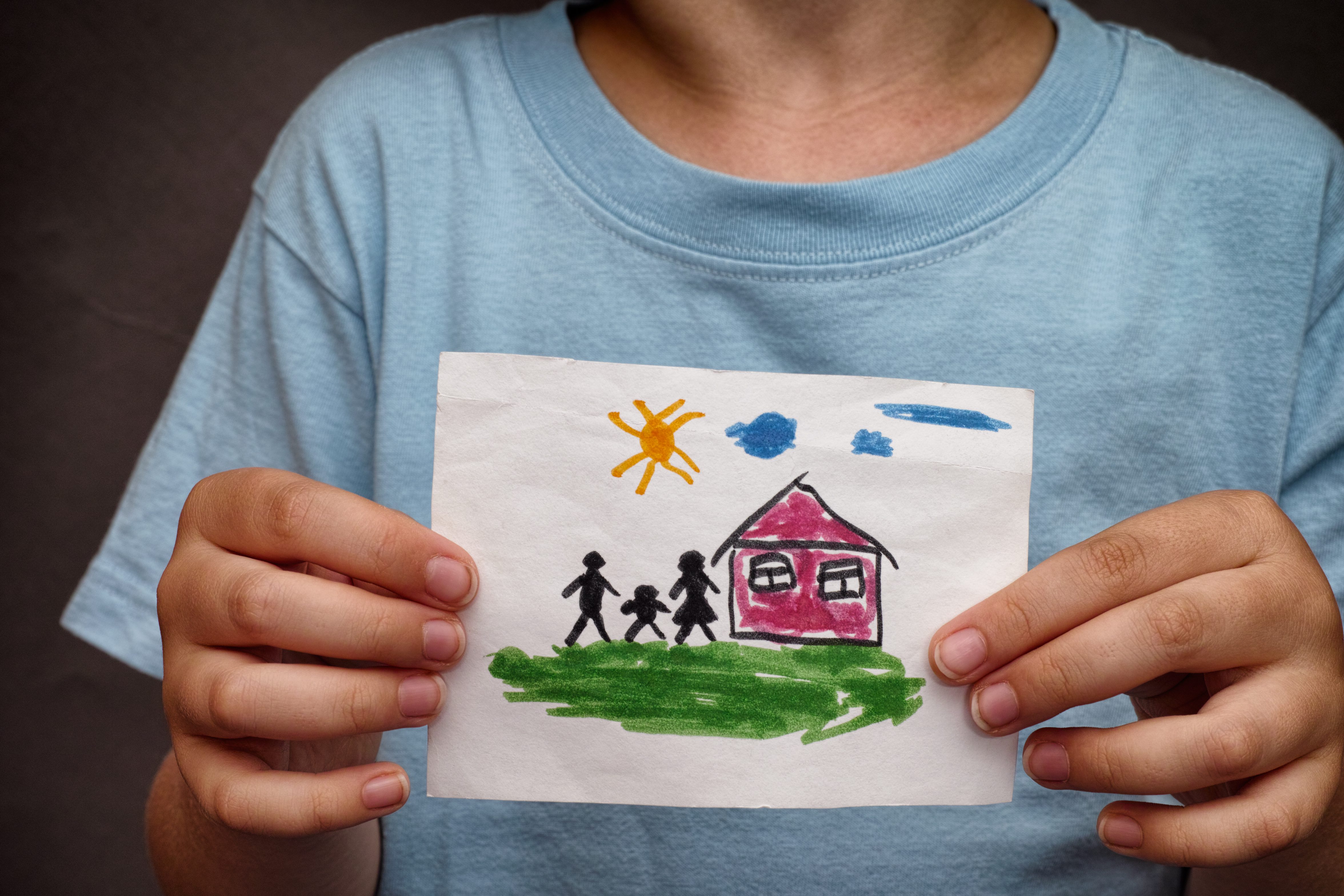When your child asks about their birth family
Most adopted children are curious about their birth family. Your child’s birth family is a major part of his or her adoption story, and it is important to talk with your child about them openly, honestly, and positively. Talking about your child’s birth family can be a sensitive subject for everyone involved. Every adoptee’s story is different — and so is the way you talk to your child about their birth family.
Below are some guidelines to help you have a conversation with your child about their birth family.
Tell your child’s adoption story early and often
By talking to your child about adoption early and often, you show your child that adoption is something positive and special. Often adopted children experience feelings of insecurity and uncertainty and helping them normalize the idea of adoption will help communication open. Telling a child about their biological family even before he or she fully understands the details of conception and birth will reduce confusion and make it easier to answer questions as your child gets older.
Be age appropriate
Depending on your child’s age, they will have different questions and want to know different details about their adoption circumstances. Decide ahead of time how you want to handle your child’s questions and when you want to talk about details, such as:
- The circumstances surrounding their conception
- Their birth father
- The reasons behind their birth mother’s decision
Don’t shy away from difficult details
Your child needs to hear their full adoption story — negative details and all — from you, their parent. With your help, your child can process the information and their emotions. Being dishonest with your child about this information can hurt their trust and make them feel as if you are rejecting a part of their story or identity.
When talking to your child about their biological family, be sure your child knows that they were not rejected by their birth family because they were not loved or because they did something wrong. Instead, assure your child that he or she was lovingly placed for adoption by someone who may have been dealing with adult problems and wasn’t ready to care for a child.
Be honest
Don’t feel like you need to reveal all of the information you have at once, and there is no need to focus on negative facts or difficult details. But, one thing you should never do is make up a story about your child’s adoption.
Your child deserves the truth about their adoption story, even the difficult parts. It’s an important part of who they are, and, likely, they will eventually find out the truth. Your child may ask you a question that you can’t answer. If that is the case, it is ok to say, “I don’t know.”
Respect your child’s emotions
As an adoptive parent, there will be times when your child questions their identity as an adoptee. Don’t take these questions personally. It is not a reflection on you as a parent. Always make sure that your child understands that they are loved — not only by you, as the adoptive parents, but also by the birth parent(s) who chose to give them life and place them for adoption.
If you are struggling with how to have this conversation with your child, there are many resources. You can talk with an attachment therapist, someone who is extremely knowledgeable on the subject of adoption and children. Support groups for adoptive parents can also be very helpful giving you the chance to talk to other adoptive parents who can share their experiences.

